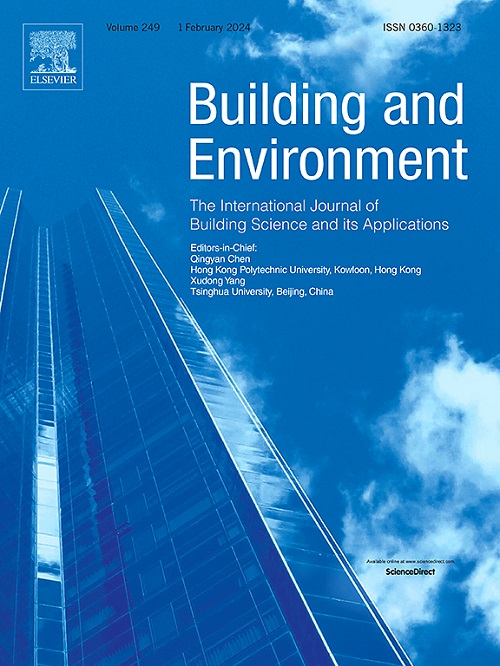关于可再生能源社区的十个问题
IF 7.1
1区 工程技术
Q1 CONSTRUCTION & BUILDING TECHNOLOGY
引用次数: 0
摘要
可再生能源社区(RECs)代表了在地方层面实现可持续能源系统的变革方法。通过整合各种可再生能源和先进技术,RECs可以有效地实现能源自给自足和支持可再生能源分配,同时提高环境、经济和社会效益。尽管它们的相关性越来越大,但开发和运营RECs的复杂性,以及关于共享能源分配和经济收益的许多管理方面,都需要全面的建模和战略规划。本文以十个关键问题为基础,通过结构化的方法阐述了REC的多维方面,包括REC的定义、技术组成、优化和模拟方法、监测和管理策略、商业模式和政策,以及未来的城市趋势,如正能量区。这些问题的选择考虑了所有基本方面的逻辑结构,并基于对监管环境、支持政策、科学文献以及案例研究和已实施项目的结果的准确评估,从RECs的初始状态到当前和未来的进展。分析强调,区域经济合作对实现气候和社会目标做出了重大贡献,但其扩散受到监管框架的深刻影响,但经济激励和公民参与也对其成功发挥了重要作用。本文章由计算机程序翻译,如有差异,请以英文原文为准。
Ten questions concerning renewable energy communities
Renewable energy communities (RECs) represent a transformative approach to achieving sustainable energy systems at local levels. By integrating various renewable energy sources and advanced technologies, RECs can efficiently target energy self-sufficiency and endorse renewable distribution while promoting environmental, economic and social benefits. Despite their increasing relevance, the complexity of developing and operating RECs, as well as many of the management aspects regarding the distribution of shared energy and, therefore, the economic gain, necessitate comprehensive modelling and strategic planning. This paper addresses the multidimensional aspects of RECs though a structured approach based on ten pivotal questions, covering REC definition, technological components, optimization and simulation methods, monitoring and management strategies, business model and policies, and future urban trends such as Positive Energy Districts. The questions were selected considering a logical structure of all fundamental aspects and progressing from the initial state to the current and future of the RECs, based on an accurate assessment of the regulatory contexts, the supporting policies, the scientific literature and the results of case studies and carried out projects. The analysis highlights that RECs contribute significantly to achieving climate and social goals, yet their diffusion is deeply influenced by the regulatory framework, but economic incentives and citizen involvement also play a significant role for their success.
求助全文
通过发布文献求助,成功后即可免费获取论文全文。
去求助
来源期刊

Building and Environment
工程技术-工程:环境
CiteScore
12.50
自引率
23.00%
发文量
1130
审稿时长
27 days
期刊介绍:
Building and Environment, an international journal, is dedicated to publishing original research papers, comprehensive review articles, editorials, and short communications in the fields of building science, urban physics, and human interaction with the indoor and outdoor built environment. The journal emphasizes innovative technologies and knowledge verified through measurement and analysis. It covers environmental performance across various spatial scales, from cities and communities to buildings and systems, fostering collaborative, multi-disciplinary research with broader significance.
 求助内容:
求助内容: 应助结果提醒方式:
应助结果提醒方式:


